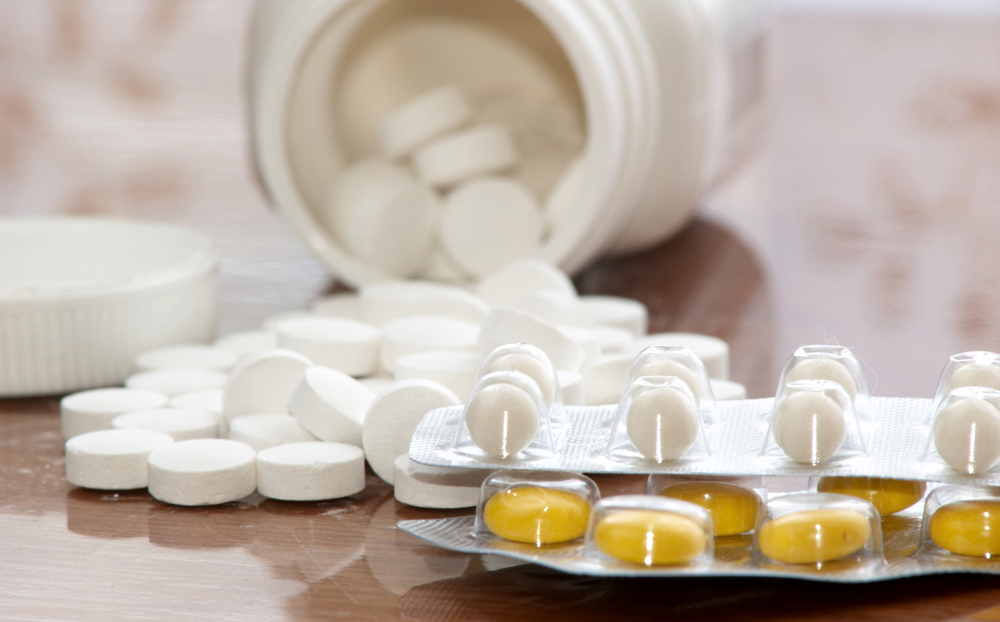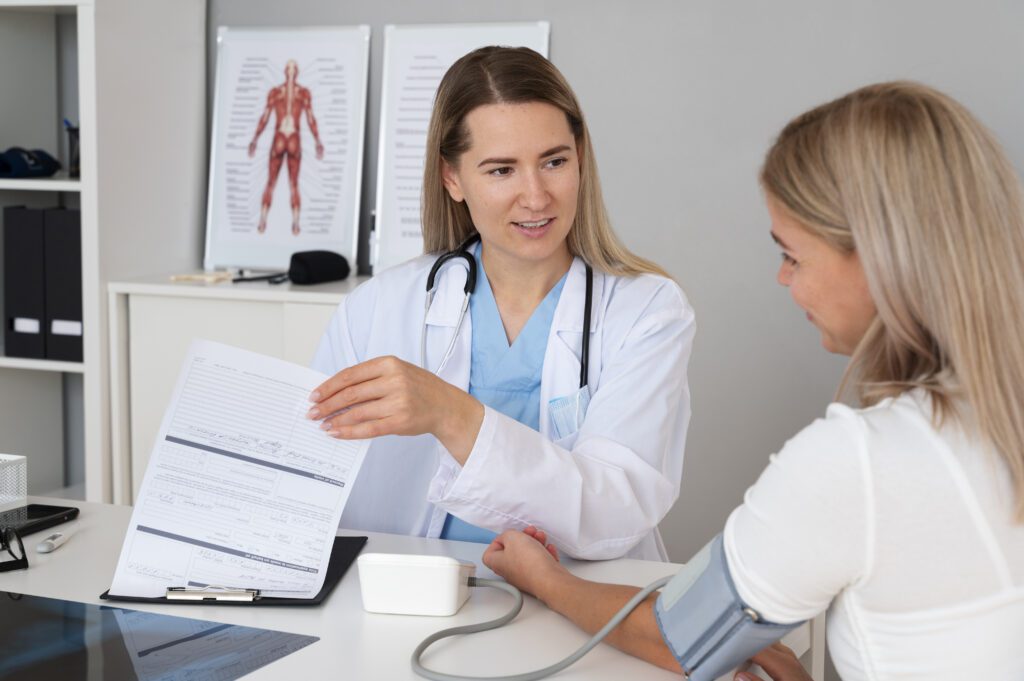Ah, the Netherlands. A land of paracetamol-prescribing physicians who baulk at the mere notion of giving you antibiotics for, well, anything.
As a newcomer to the Netherlands, that can be frustrating. But there are actually some really good reasons for this policy of minimal antibiotics in the Netherlands.
Why do doctors rarely give out antibiotics in the Netherlands?
Whenever a conversation about “essential items for moving to the Netherlands” arises, it is not unusual to hear expats recommending soon-to-be residents to bring antibiotics.
But not only is this illegal (without medical advice), it’s also not smart to take antibiotics without a prescription from your doctor.

It’s well known that your Dutch general practitioner will avoid prescribing antibiotics unless they are really needed — and there’s good reason for that: preventing antibiotic resistance.
Antibiotic resistance is a serious issue
In 2023, the World Health Organisation (WHO) warned of the growing dangers of multi-drug-resistant infections. The New York Times wrote:
“The rampant overuse of antibiotics and antifungal medicines in humans, livestock and agriculture is accelerating a crisis that is poorly understood by the public and largely ignored by world leaders.”
35 000 Europeans die yearly due to #AntimicrobialResistance
— EU Health – #HealthUnion (@EU_Health) November 17, 2022
Yet 1 in 2 citizens still think that antibiotics are effective against viruses as our new @EurobarometerEU ahead of #EAAD shows.
Let’s keep antibiotics working. #HealthUnion @ECDC_EU
The article continues to say that “without concerted action, resistant infections could kill 10 million people annually by 2050.”
As a result, “2.4 million people in Europe, North America and Australia could die from drug-resistant infections, making routine hospital procedures like knee-replacement surgery and childbirth far riskier than they are today.”
Antibiotics are far more complicated than we might expect…
Not all infections are caused by bacteria, and not all bacteria respond to the same antibiotics.
READ MORE | Going to a doctor in the Netherlands? Here’s the ultimate guide
This is simply because of the intrinsic differences among bacteria themselves: some have a wall, some don’t, some follow certain metabolic routes and others do not.
On top of this, antibiotics don’t work at all against viruses.
Antibiotics in the Netherlands: the lowest use in Europe
The Dutch have one of the lowest rates of antibiotic use in Europe (according to a Eurobarometer survey). Here, you might express your lack of surprise.

The result? Antimicrobial resistance has remained stable in the Netherlands (as reported by the RIVM, the Dutch National Institute for Public Health and the Environment).
This is not a coincidence, and it’s also not common: most other countries in the world experience increasing levels of antimicrobial resistance each year.
Reducing the use of antibiotics on animals
As early as 2012, following concerns over the link between antibiotic use in livestock and antibiotic resistance in humans, the Netherlands decided to take matters into its own hands.
It introduced measures including penalties for failing to reduce antibiotic use on farms. It encouraged farmers to improve their farms to promote better animal health.
For example, in the case of dairy farms, this was done by building sheds that are good for the farmer and good for the cow.

A completely new system with good ventilation and cow flow, sand cubicles, more space per animal, fresh straw pens for cows close to calving, and so on.
A key factor in stabilising antimicrobial resistance is that almost no antibiotics that are important for treating infections in humans have been used on animals in recent years in the Netherlands.
Antibiotics in the Netherlands are rare, and this is good
With more and more common medications losing their ability to fight dangerous infections, it is of extreme importance to use antibiotics exclusively when really needed.
These situations include when a bacterial infection has been diagnosed (more than 4 days of high fever, with other associated symptoms) — not as a preventive measure.
This is one example of where the Dutch have been leading the way — ahead of the rest of the world.
How do you feel about antibiotic use in the Netherlands? Tell us in the comments below.





And now the Dutch government is killing off the farmers and cattle because uncle klaus want it so… Our PM Rutte is a ‘young global leader’ adapt of klaus swabb as are most European leaders.
My daughter almost die because of this.
Are you insane? I have a history of having very high fevers. These do not go away without proper medication. Every time this happens, I have to beg for at least a week for a proper pericline treatment, prolonging my sick period with at least a week. What happens here borders on malpractice. I was born and raised in this country by the way.
My son almost lost his hearing because the doctor refused to treat him with antibiotics and gave him only painkillers. I took him to a doctor in Brazil who was horrified with his ears condition. We still need to run some exams, and for me it’s more negligence than anything.